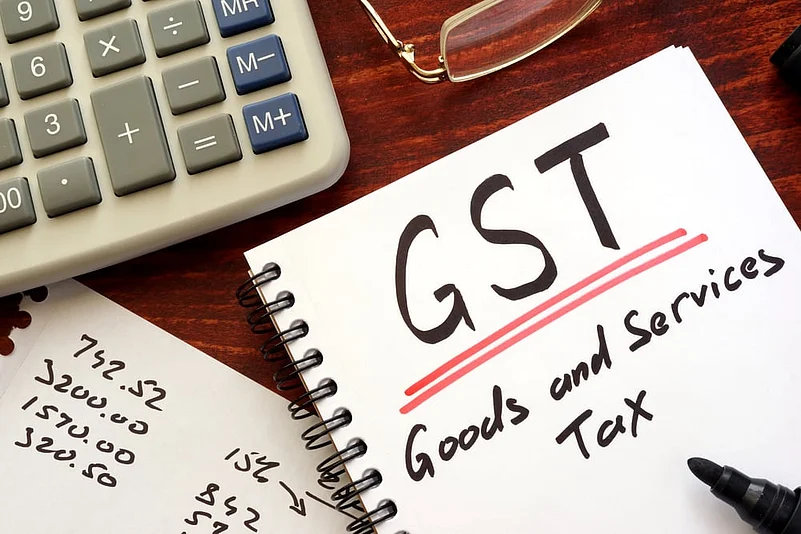The Central Board of Indirect Taxes and Customs (CBIC) has alerted taxpayers about a fraudulent scheme which involves people receiving bogus summons from the Directorate General of GST Intelligence (DGGI) or the Central Goods and Services Tax (CGST) authority.
In order to dupe people, these summons frequently bear the department's emblem and false Document Identification Numbers (DINs). The fraudsters typically target taxpayers who are currently under investigation, as well as unconnected taxpayers in some cases. The CBIC has advised the public to stay watchful and verify any suspicious GST communication, noting that anyone getting such summons should establish the legitimacy of the summons they have received before acting upon them.
How Are Fraudsters Operating
Fraudsters are deploying clever techniques to dupe taxpayers into believing that the false summons are authentic. Additionally, taxpayers have also received threatening communication or requests for payment as well as threats of legal action from scammers in some cases.
While some people may be legitimately investigated by the DGGI or CGST, others may be innocent victims who have fallen prey to the fraud. The CBIC said that fraudsters are taking advantage of the complexity of GST compliance to trick taxpayers into believing they have a legal problem. The use of fake summons is a ploy aimed at instilling fear and pressure into recipients which can then lead to them making rash decisions, such as transferring money or sharing sensitive personal information.
How To Say Safe
The CBIC said that taxpayers can confirm the legitimacy of the summons they receive by going to the official CBIC portal. After visiting the official portal, taxpayers can select the "Verify CBIC-DIN" option. Once the option is selected the taxpayer will be asked to enter the DIN from the summons, notice, or letter, and then follow the steps to validate the communication's legitimacy. The CBIC recommends taxpayers submit fake summons to the GST office promptly so that authorities can investigate and take necessary action against such fraudsters. Taxpayers must note that if the DIN does not match or the verification returns erroneous results, the message is most likely fraudulent. The CBIC has recommended that taxpayers should be aware of such new scams and be proactive. Additionally, they must carry out authentication and validation of the summons they have received before impulsively acting on any threats or reporting them to the authorities.











